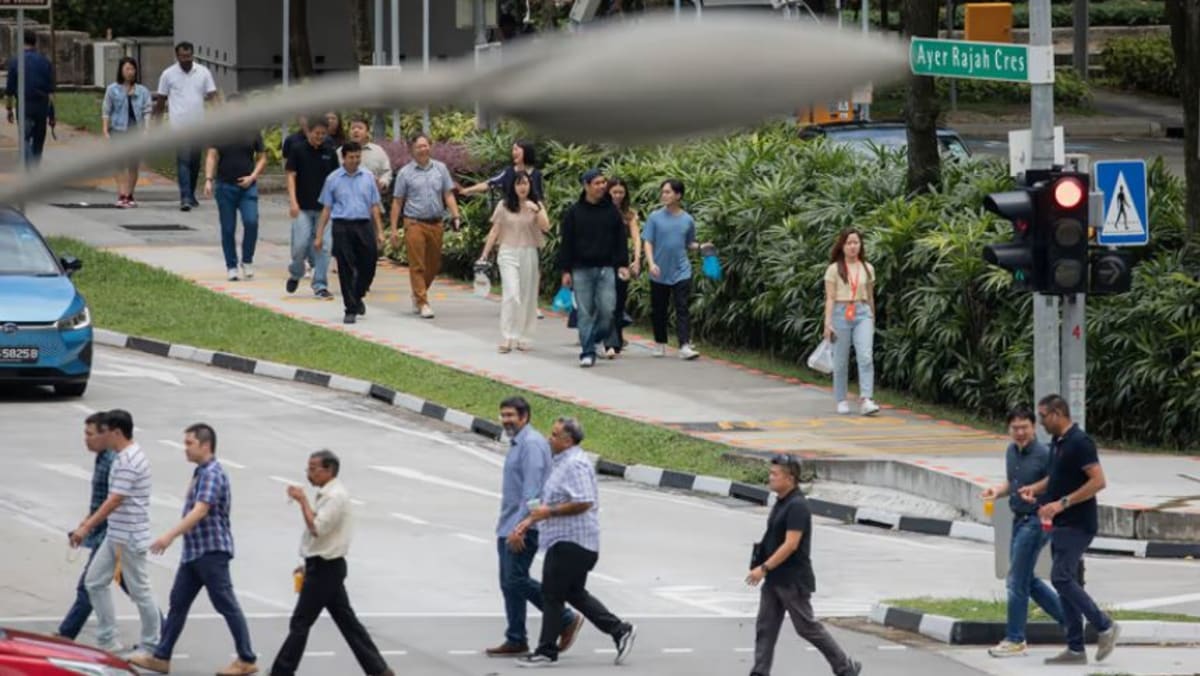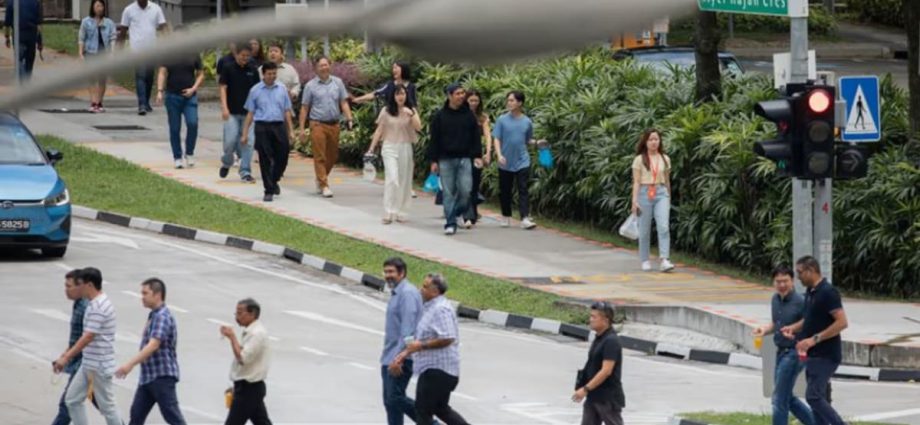
These developments suggest that unions and tripartism are more relevant than ever, both in safeguarding the rights of workers as well as helping them cope with the disruptions brought about by technological change and business restructuring. Even “gig” workers engaged by online platform companies will soon be getting union-like representation in Singapore, recognising the need for greater bargaining power for these workers.
Companies should view unions as partners in business transformation, helping workers adapt to new job requirements while protecting their well-being and interests. This offers the best chance to achieve win-win outcomes for both employers and workers.
COMPANIES AND UNIONS MUST EVOLVE TOGETHER
For this to materialise, both companies and unions will have to be forward-looking in anticipating the impact of technology and other driving forces on the nature of work, and taking proactive steps to equip workers for change. Recently, for example, NTUC’s Assistant Secretary-General Patrick Tay underscored the need for a “just transition” for workers as companies adapt to new imperatives arising from climate change.
An advantage that Singapore possesses by virtue of size is that all major companies here have significant interaction with government ministries and regulatory agencies. These are relationships that go beyond the application for permits and other transactional necessities.
Consultation with companies before the introduction of new policies is commonplace, whether for sectoral or economy-wide initiatives. Many firms also tap on government grants and programmes to strengthen their capabilities and workforce.
Companies that intend to continue doing business here know that it is best to be onside with the authorities. Beyond formal laws and regulations, this makes it possible for the government and NTUC to nudge companies towards responsible behaviour and win-win outcomes for employers and workers. This is often quicker and more effective than hauling companies to court or relying on legal means to enforce outcomes.
Singapore is rightly proud of its tripartite system, which has been nurtured over decades. But it must continue to evolve to meet emerging needs, for the nation’s continued economic and societal progress in the foreseeable future.
Terence Ho is Associate Professor in Practice at the Lee Kuan Yew School of Public Policy. He is the author of Governing Well: Reflections on Singapore and Beyond (2023).

